
Amount of Fish Food.
Overfeeding is one of the chief reasons for fish deaths. What I recommend for feeding is simple;
.
Feed fish once a day ONLY an amount of food the fish can consume in one minute.
.
If there is food still in the aquarium after one minute you need to cut back on the amount.
Protein Level
Because of a long and complicated line of cause and effect, the protein level of the food turns out to be the major contributor to the health of a fish. The more protein, the clearer the water. The clearer the water the healthier the fish. When I buy commercial food I always buy the highest protein food I can find, regardless of the species of fish.
But it should also be noted that the BEST food is both homemade gel and Mazuri gel foods. Both of these are roughly 55% protein with very low carbohydrates. More information can be found in this article:
3.4. Homemade Gel Foods
Note the labeling food as specific to a certain type of fish i.e. “goldfish food” is just a meaningless marketing ploy. Fish food is fish food. And the high protein recommendation applies regardless of the type of fish. Bloat is NOT caused by high protein food. Bloat is caused by high carbohydrate, low protein food.
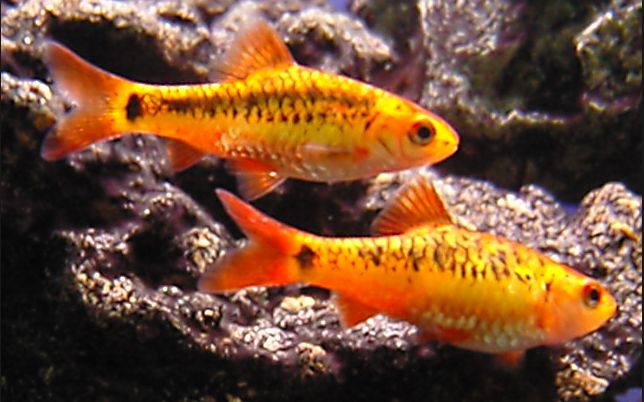
Fish Food
The ingredients in fish food turn out to be relatively unimportant DIRECTLY to the health of the fish. Almost any fish food is just fine for almost all fish. What is important is the amount of fish food. Only feed the volume of two fish eyeballs pelleted food per day per fish (six fish = twelve eyeballs worth of dry food). Overfeeding is probably the most common cause of fish deaths among beginners.
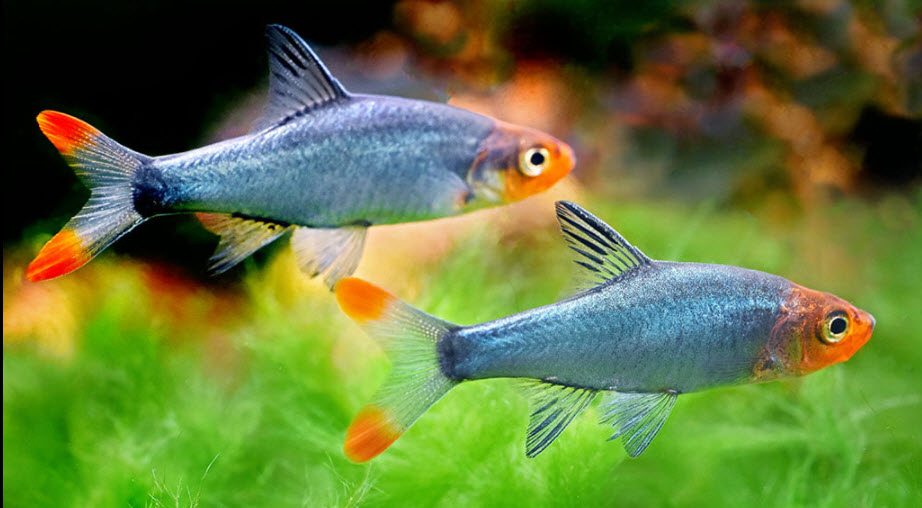
Fish Food in a Little More Depth
The amount of fish food to add used to be very important in the hobby. When I started in the hobby many years ago all the small guides I bought in my fish store, the small “Your First Aquarium” books, emphasized that the newcomer needed to only add what food fish could consume in one minute once a day. They emphasized that overfeeding killed fish.
The guides I see online now don’t make that caution. Since this is extremely important I find that somewhat confusing. If I hadn’t had that caution drilled into me early I think I would have lost a lot of fish and probably not stayed in the hobby.
The biggest mistake beginners do is to over-feed their fish. The directions on the food are ridiculous. “two to three times a day an amount they can eat in two minutes” is WAY too much food. Fish are cold-blooded creatures and only need small amounts of food once a day.
The old rule I learned was to feed once a day an amount the fish can consume in one minute. If there is still food floating about the aquarium after one minute you are feeding too much.
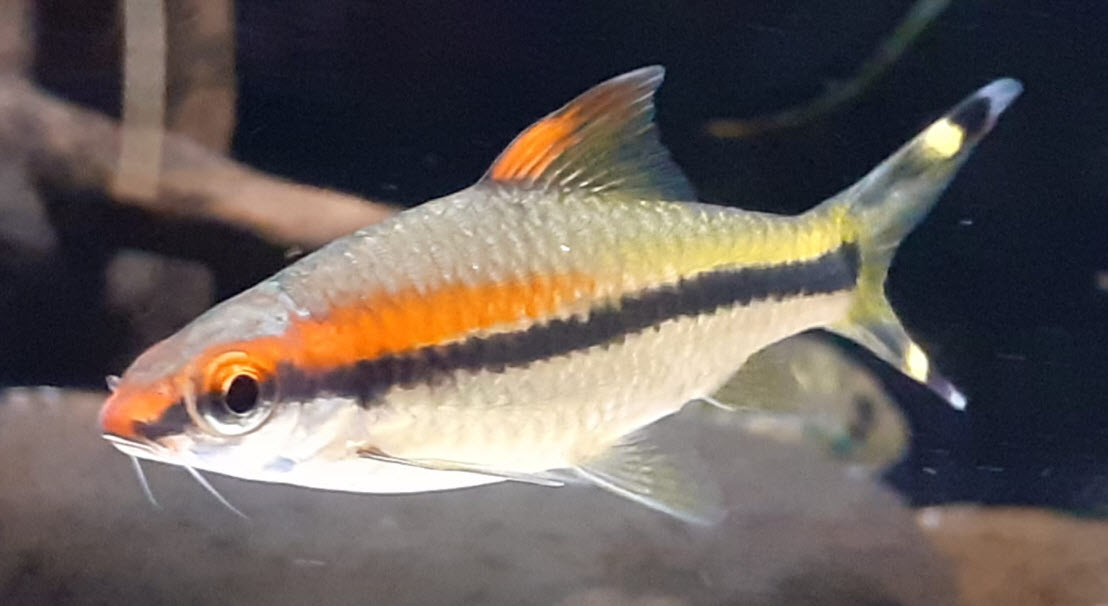
Also, note that if one feeds fish something other than commercial food one has to take into account that commercial food has little moisture in it while something like shrimp from the freezer or frozen fish filets have 60% water in them. So the amount of shrimp and fish filet one can feed is roughly three times that of the commercial dry food. The one minute rule still applies.
Uneaten food in the aquarium produces bacteria. Bacteria produce toxins. And those toxins can kill fish. For more on the amount of fish food to feed, go to this link:
3.3. Amount of Fish Food
.
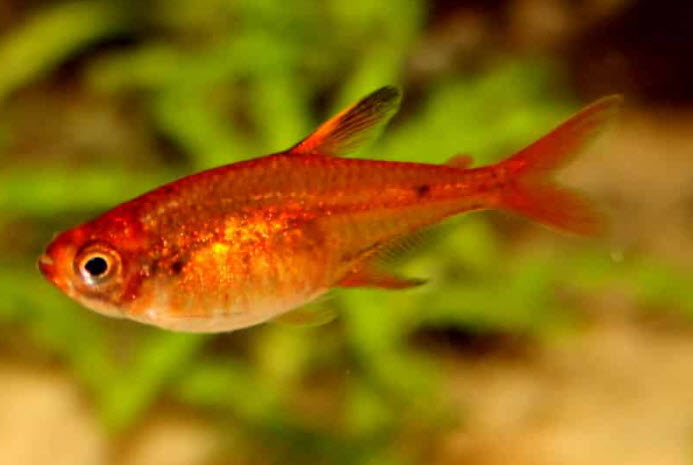
What is not important is what food to feed. Most commercial food made for fish today is excellent, so it is difficult to go wrong when feeding fish, contrary to popular mythology. This applies to the direct effect of fish food on the health of the fish and does not apply to the indirect effect of the protein level in the fish food.
The only trick that most experienced fishkeepers use is that they feed ALL fish some roughage at least once a week. That roughage can be whole vegetables like “zucchini a la fork” or it can be the chitin from something like dried krill. Like humans, fish seem to need roughage to keep the digestive tract healthy.
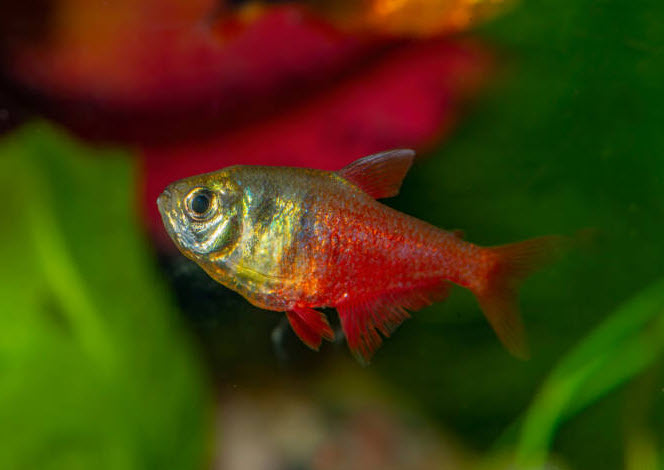
Food Myths
There are a huge number of myths parroted around social media about fish foods. Some of these myths are:
- Different types of fish (herbivores, carnivores) can’t be kept together because they require different foods.
- Feed fish only what they can consume in five minutes twice a day (or two minutes three times a day).
- Mbuna get “Malawi bloat” when fed high protein food.
- “Just like us, fish enjoy a varied diet”.
- Live foods are the best foods for tropical fish.
- Animal protein has an inferior nutritional content compared to plant protein.
- There is such a thing as “high quality” and “low quality” protein.
- Chicken, tilapia, and beef are bad foods for fish.
- Fat is bad in fish food
- Krill, bloodworms, and tubifex worms are bad for fish.
- Mbuna are herbivores and eat only plants.
- Lots of fish require live foods.
- Vitamins are required to have good fish colors.
- Wheat, corn, rice, oats, and potatoes are good foods for herbivore fish.
- Fish will starve before eating a fish food they don’t “like”.
.
None of these myths are true
.
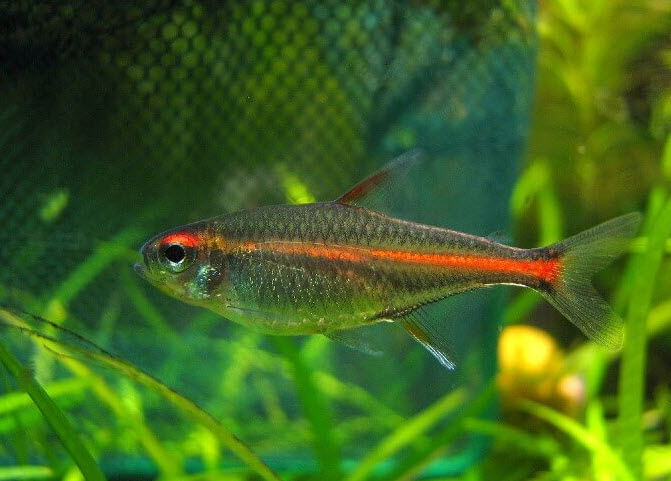
For more on fish food you can click on this link:
3. Fish Food
.
Return to Guidelines for Beginners Menu
.
Aquarium Science Website
The chapters shown below or on the right side in maroon lead to close to 400 articles on all aspects of keeping a freshwater aquarium. These articles have NO links to profit-making sites and are thus unbiased in their recommendations, unlike all the for-profit sites you will find with Google. Bookmark and browse!
.
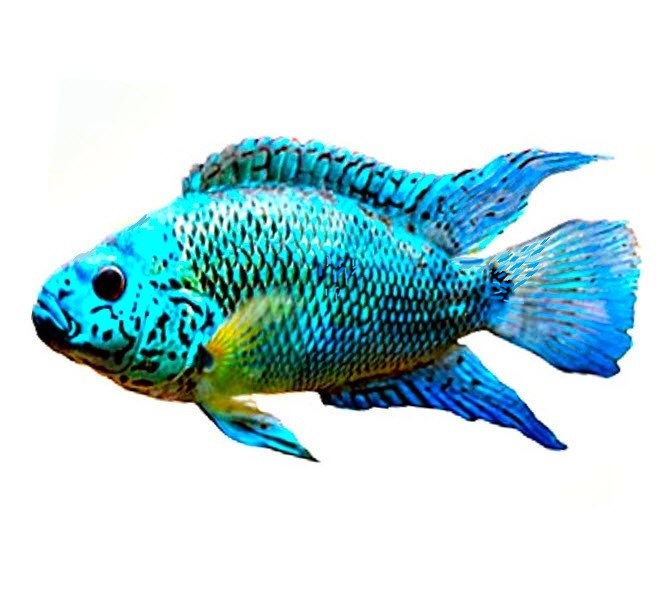
Anonymous says
Myth: “Different types of fish (herbivores, carnivores) can’t be kept together because they require different foods.”
It just occurred to me that this is not a myth, it’s actually a logically absurd statement. It’s akin to saying that you can’t live with a vegetarian for a roommate unless you’re also vegetarian.
But the following amended statement is probably true most times: “Different types of fish (herbivores, carnivores) can’t be kept together because the former is food for the latter.”
Hahaha…
Dave says
In reply to AE …. Dry fish food NEVER goes bad. You can use it if it ten years old. Just as long as it hasn’t absorbed water and “gone bad” with fungus and the like.
AE says
How long would you keep fish food? Until the expiration date, after a couple of months or a year has passed?